Discover the best privacy trees to create a lush, green barrier in your yard. Learn about top selections, planting tips, and maintenance for a beautiful, private outdoor space.
Privacy trees are an excellent solution for creating a natural screen, enhancing the beauty of your landscape while providing the seclusion you desire. In this guide, I’ll share my expert insights into the best privacy trees, helping you choose the perfect varieties for your needs.
Introduction to Privacy Trees
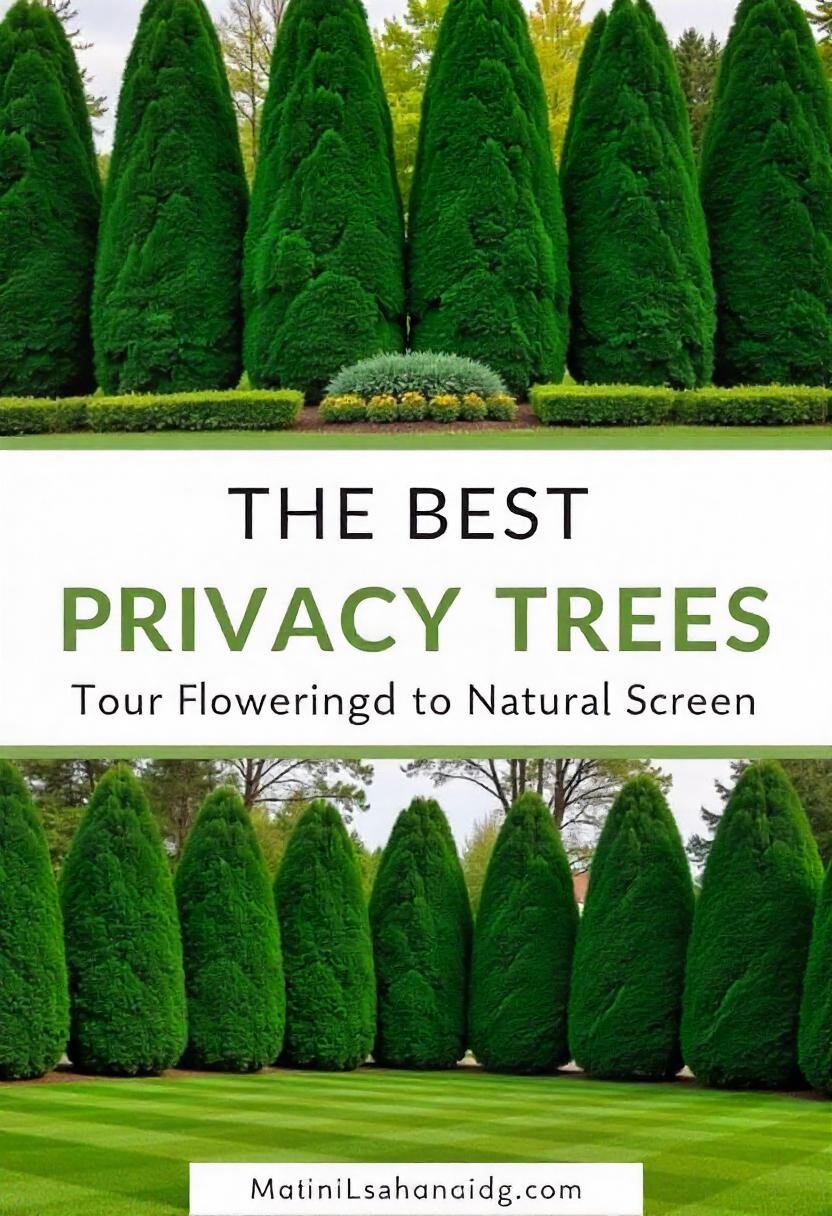
As an experienced gardener, I know how important it is to have a private outdoor space. Whether you’re looking to block out noisy neighbors or create a serene environment for relaxation, privacy trees are a fantastic option. They not only serve as a visual barrier but also add beauty and value to your property.
Characteristics of Privacy Trees:
- Fast-growing: Some trees can reach their full height quickly, providing immediate privacy.
- Evergreen vs. Deciduous: Evergreens maintain their foliage year-round, while deciduous trees offer seasonal beauty.
- Variety in height: Choose from short, medium, or tall trees based on your landscape needs.
For more information on privacy landscaping, visit the American Society of Landscape Architects.
Top Privacy Trees to Consider
Here are some of the best privacy trees you can plant in your yard:
1. Leyland Cypress (Cupressus × leylandii)
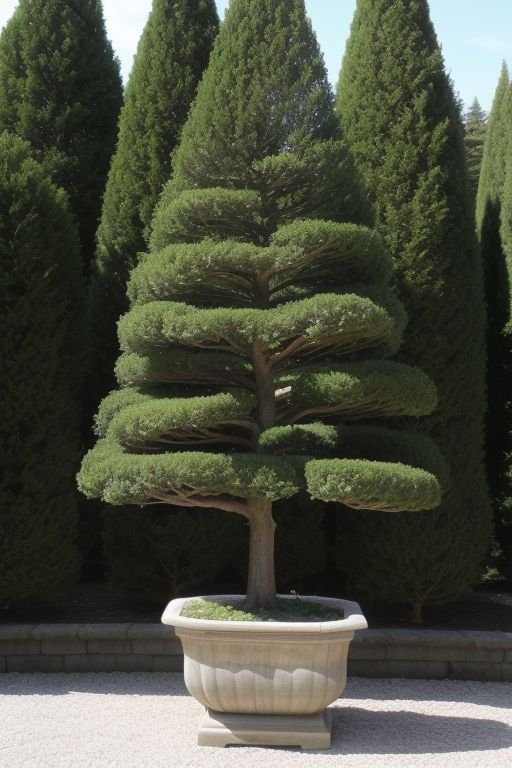
- Height: Up to 60 feet
- Spread: About 15 feet
- Growth Rate: Fast (up to 3-4 feet per year)
- Characteristics: Dense, dark green foliage that can be trimmed to shape.
Ideal For: Quick privacy screening along property lines.
2. Green Giant Arborvitae (Thuja standishii x plicata)
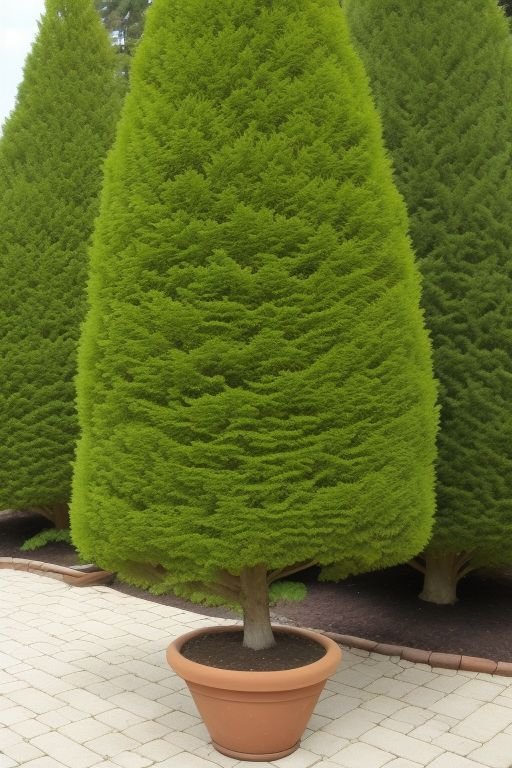
- Height: Up to 60 feet
- Spread: About 20 feet
- Growth Rate: Fast (up to 3-5 feet per year)
- Characteristics: Tolerant of various soil types, this tree has a narrow, pyramidal shape and lush green foliage.
Ideal For: Tall, narrow screens in smaller spaces.
3. Eastern Red Cedar (Juniperus virginiana)
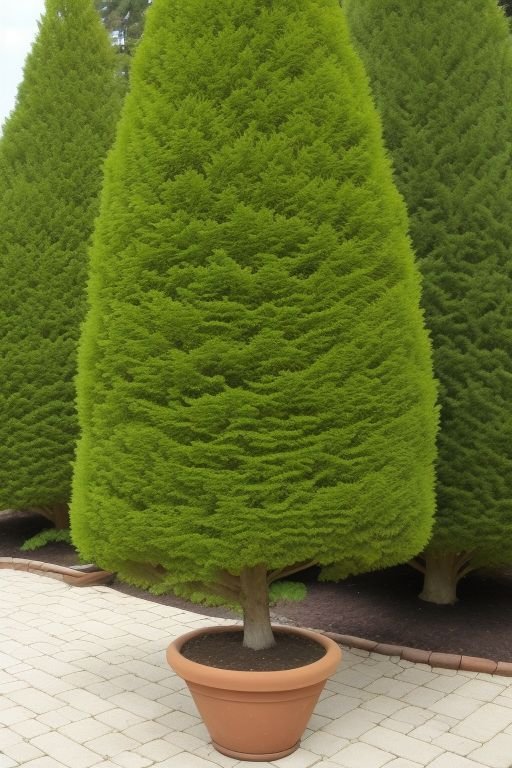
- Height: Up to 50 feet
- Spread: About 20 feet
- Growth Rate: Moderate (around 1-2 feet per year)
- Characteristics: Aromatic foliage that ranges from blue-green to deep green, often used in wildlife habitats.
Ideal For: Naturalistic landscapes with wildlife interest.
4. Norway Spruce (Picea abies)
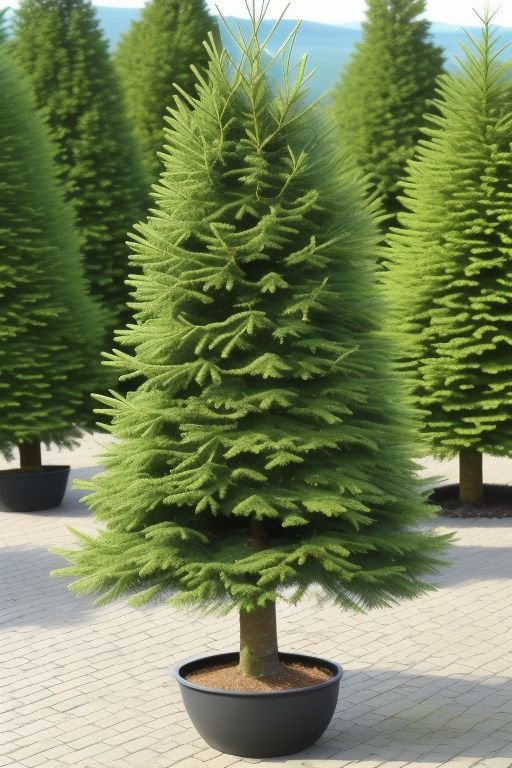
- Height: Up to 60 feet
- Spread: About 25 feet
- Growth Rate: Moderate to fast (up to 2-3 feet per year)
- Characteristics: Classic evergreen with drooping branches, great for privacy and windbreaks.
Ideal For: Traditional landscapes and large properties.
5. Italian Cypress (Cupressus sempervirens)
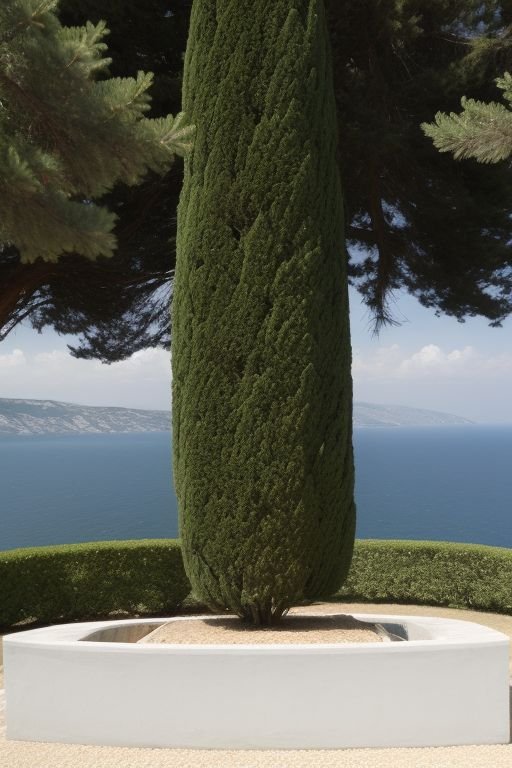
- Height: Up to 50 feet
- Spread: About 5-10 feet
- Growth Rate: Moderate (about 2-3 feet per year)
- Characteristics: Tall, narrow shape with dark green foliage, perfect for Mediterranean or modern gardens.
Ideal For: Vertical privacy in narrow spaces.
6. Thuja Occidentalis (Eastern Arborvitae)

- Height: 10-20 feet
- Spread: About 3-4 feet
- Growth Rate: Moderate
- Characteristics: Dense foliage with a pyramidal shape, suitable for low hedges or screening.
Ideal For: Smaller gardens or as a low-maintenance hedge.
Planting and Care Tips
When to Plant
The best time to plant privacy trees is in early spring or fall when temperatures are mild, allowing for root establishment.
Location Selection
Choose a site with:
- Full sun: Most privacy trees thrive in 6-8 hours of sunlight daily.
- Well-draining soil: Ensure good drainage to prevent root rot.
Planting Process
- Digging the Hole: Dig a hole that is twice as wide as the root ball and the same depth.
- Positioning the Tree: Place the tree in the center of the hole, making sure the top of the root ball is level with the ground.
- Backfilling: Fill the hole with soil and water thoroughly.
Watering and Fertilizing
- Watering: Keep the soil consistently moist during the first growing season.
- Fertilizing: Use a balanced fertilizer in early spring to promote healthy growth.
Pruning and Maintenance
- Prune privacy trees as needed to maintain shape and remove dead or damaged branches.
- Monitor for pests and diseases, treating them promptly to keep trees healthy.
Choosing the right privacy trees can transform your landscape, providing the seclusion and beauty you desire. Whether you prefer fast-growing evergreens or classic deciduous trees, there’s a perfect option for every garden. With proper care and maintenance, your privacy trees will thrive and create a lush, green barrier for years to come.
For more in-depth information on landscaping with trees, visit the International Society of Arboriculture.